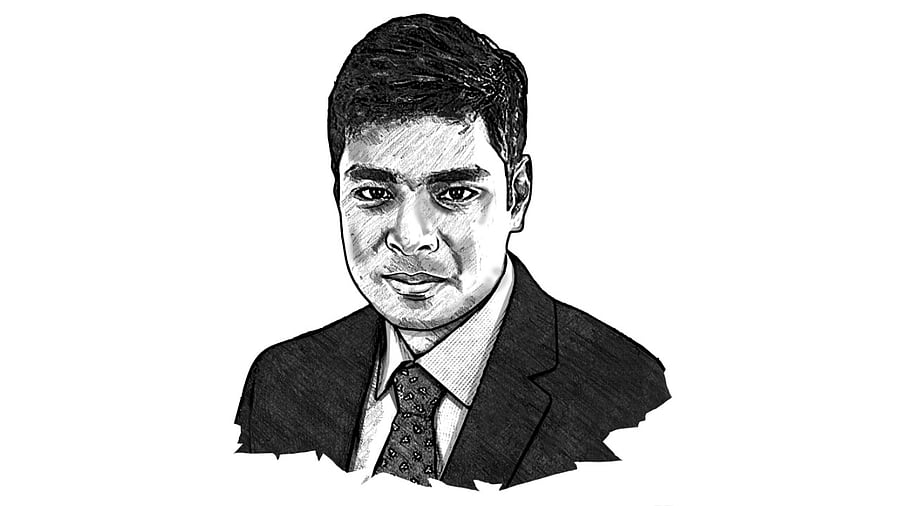
Mohamed Zeeshan is a student of all things global and, self-confessedly, master of none, notwithstanding his Columbia Master’s, a stint with the UN and with monarchs in the Middle East  @ZeeMohamed_
If there is one defining characteristic of US President Donald Trump’s first 100 days in office, it is that he doesn’t trust the world. “We’ve been ripped off by every country in the world,” Trump told reporters at the White House this week.
Specific countries have been singled out at various points in time within that broad framework. Trump has labeled China the “chief-ripper-offer.” He has argued that the European Union “was set up to take advantage of the United States.” He has also derided India as the “tariff king.”
Accordingly, Trump has inaugurated a series of trade wars around the world. After initially imposing steep tariffs on virtually every country and territory in the world – including one remote island inhabited only by penguins – Trump presided over considerable volatility in global markets.
But the idea that the world is out to “rip you off” is neither a new sentiment nor unique to Trump. Russia has argued that the West wants to turn it into a “colony” – a narrative that it has used to justify its invasion of Ukraine. China has long railed against the international order for robbing it of its rightful place. India has similarly argued that “two centuries of national humiliation” merit wariness towards the West.
Trade and global business had quietly become the leading casualties of this deepening distrust long before Trump became president.
For the two decades that followed the end of the Cold War, countries opened up to trade to leverage complementarities and create wealth. That effort was underpinned by the US leadership, but it was also driven by a desire to unleash an entrepreneurial spirit in several Asian economies. Consequently, between the fall of the Soviet Union in 1991 and the global recession of 2008, world trade ballooned from around 38% to over 60% of the global GDP. Since 2008, however, trade has stagnated as a proportion of GDP, oscillating between 50% and 60%.
The main driving factor behind this deceleration was not economic but political. As borders became increasingly contested and volatile around the world, rivals began to decouple from each other. After the 2020 clashes between Indian and Chinese troops in the Himalayas, New Delhi let loose a crackdown on Chinese investors in India. Russia’s invasion of Ukraine saw Europe desperately cut off its energy imports from Moscow.
A widening net of economic sanctions played its part too. In 2021, the US government was maintaining sanctions and boycotts on nine times as many entities as it did in 2000. The fear of further sanctions spooks investors; many are inclined to pull their money out of countries that may at some point find themselves fighting with the West.
All this has run in parallel with heightened nationalism. After the 2008 recession hollowed out the Western middle class, fear of economic competition with foreigners has come to dominate politics. Imports have increasingly become taboo in countries both rich and poor. Yet, if you are afraid of importing goods from abroad, you can never sign a trade deal. In recent years, such fears have kept the US out of a major trans-Pacific trade deal and India out of the world’s largest trade bloc in Asia – the Regional Comprehensive Economic Partnership.
To be sure, the economic rationale for trade and global business transactions has not changed: when countries open themselves up, the pie grows overall, more jobs are created than are lost, and average incomes increase. Isolation, on the other hand, is costly. But while economic rationale might have heavily influenced policy-making in the past, it no longer holds the same appeal. Global businesses are now ruled more by politics than by economics.